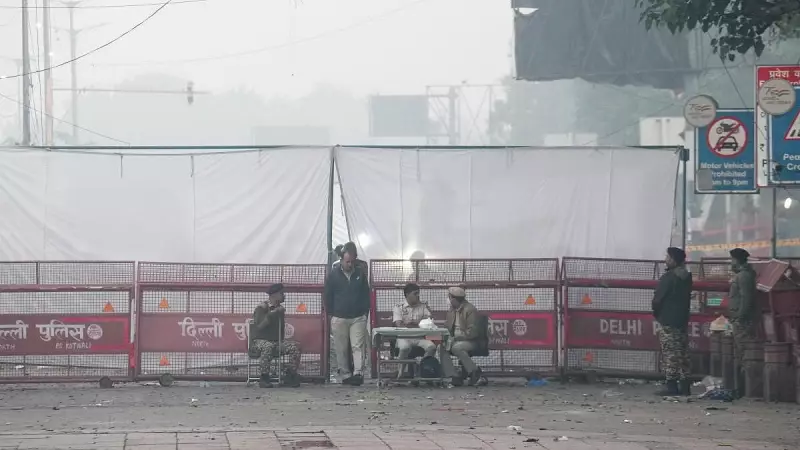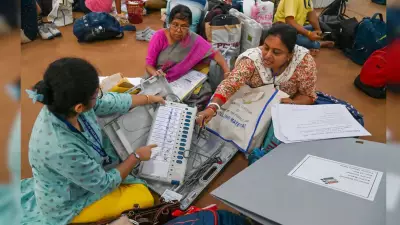
The recent terror attack at Delhi's historic Red Fort has uncovered a disturbing new pattern in homegrown extremism that is challenging conventional security understanding. Investigators have identified that among the suspects are highly educated professionals, including software engineers and medical doctors, indicating that radicalization is no longer confined to socioeconomically deprived sections of society.
The Changing Face of Terrorism in India
Security agencies tracking the Red Fort blast case have expressed serious concerns about the emergence of what they term 'educated radicals' - individuals from privileged backgrounds and successful careers who have embraced extremist ideologies. This development marks a significant shift from traditional patterns where terrorism recruitment primarily targeted economically disadvantaged youth.
The involvement of professionals with stable incomes and high social standing presents unique challenges for intelligence and law enforcement agencies. These individuals often possess technical skills, financial resources, and social mobility that make them particularly dangerous and difficult to detect.
Profile of the New-Age Extremist
Detailed analysis of the suspects in the Red Fort terror case reveals a troubling profile. Unlike stereotypical terror recruits, these individuals typically have:
- Advanced educational qualifications from reputable institutions
- Stable professional careers in high-demand fields
- Comfortable socioeconomic backgrounds
- Minimal criminal history or suspicious activities
- Sophisticated technical and organizational capabilities
This pattern suggests that ideological indoctrination is now penetrating segments of society previously considered immune to such influences. The case has particularly highlighted the vulnerability of professionals working in high-stress, isolated environments such as IT and healthcare.
Security Implications and Countermeasures
The discovery of educated professionals involved in the November 12, 2025 Red Fort attack has forced security agencies to reconsider their counter-radicalization strategies. Traditional monitoring methods that focused on economically backward regions and religious institutions may no longer be sufficient.
Security experts emphasize the need for developing more sophisticated profiling techniques that can identify radicalization patterns among educated urban professionals. This includes monitoring online behavior in professional forums, tracking unusual financial transactions among high-income groups, and creating community outreach programs specifically targeting professional circles.
The investigation into the Red Fort blast continues to unfold, with authorities examining the radicalization pathways that led successful professionals to embrace violent extremism. The case serves as a stark reminder that the battle against terrorism must evolve to address new and unexpected threats emerging from within seemingly secure sections of society.





